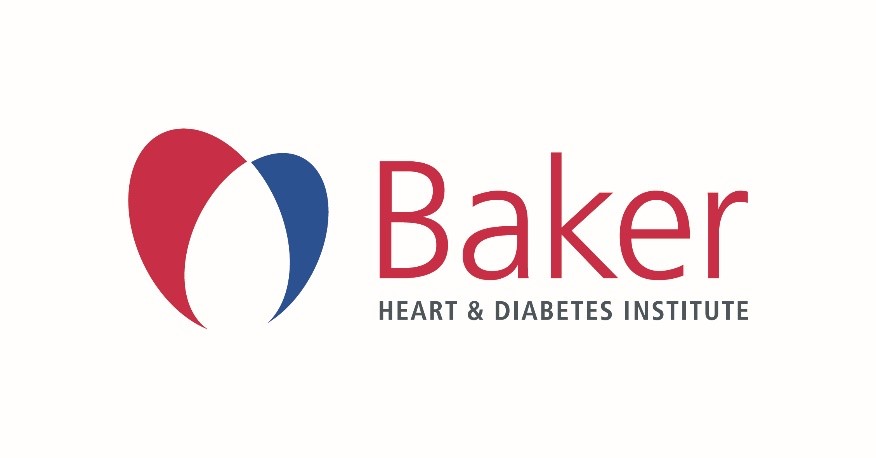The Mitochondria-Targeted Methylglyoxal Sequestering Compound, MitoGamide, Is Cardioprotective in the Diabetic Heart.
Mitchel Tate; Gavin C Higgins; Miles J De Blasio; Runa Lindblom; Darnel Prakoso; Minh Deo; Helen Kiriazis; Min Park; Carlos D Baeza-Garza; Stuart T Caldwell; Richard C Hartley; Thomas Krieg; Michael P Murphy; Melinda T Coughlan; Rebecca H Ritchie
Abstract
Methylglyoxal, a by-product of glycolysis and a precursor in the formation of advanced glycation end-products, is significantly elevated in the diabetic myocardium. Therefore, we sought to investigate the mitochondria-targeted methylglyoxal scavenger, MitoGamide, in an experimental model of spontaneous diabetic cardiomyopathy.Male 6-week-old Akita or wild type mice received daily oral gavage of MitoGamide or vehicle for 10 weeks. Several morphological and systemic parameters were assessed, as well as cardiac function by echocardiography.Akita mice were smaller in size than wild type counterparts in terms of body weight and tibial length. Akita mice exhibited elevated blood glucose and glycated haemoglobin. Total heart and individual ventricles were all smaller in Akita mice. None of the aforementioned parameters was impacted by MitoGamide treatment. Echocardiographic analysis confirmed that cardiac dimensions were smaller in Akita hearts. Diastolic dysfunction was evident in Akita mice, and notably, MitoGamide treatment preferentially improved several of these markers, including e'/a' ratio and E/e' ratio.Our findings suggest that MitoGamide, a novel mitochondria-targeted approach, offers cardioprotection in experimental diabetes and therefore may offer therapeutic potential for the treatment of cardiomyopathy in patients with diabetes.
| Journal | CARDIOVASCULAR DRUGS AND THERAPY |
| ISSN | 1573-7241 |
| Published | 13 Dec 2019 |
| Volume | |
| Issue | |
| Pages | |
| DOI | 10.1007/s10557-019-06914-9 |
| Type | Journal Article |
| Sponsorship |


